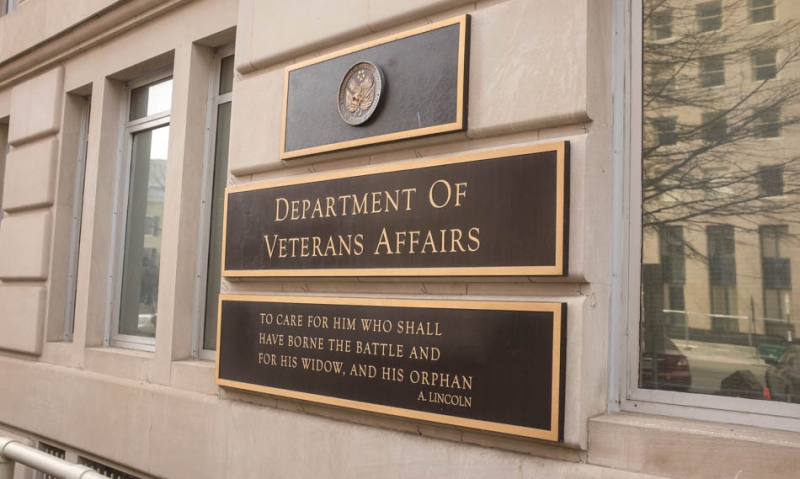
The American Legion wants to strengthen provisions of two pending House bills with the change of a single word.
At a March 26 congressional hearing, The American Legion expressed its support for several pending bills, including the Veterans Access to Speedy Review Act (H.R. 2119), which would improve opportunities for veterans to use video conferencing for hearings before the Board of Veterans’ Appeals (BVA).
Zachary Hearn, the Legion’s deputy director for benefits, testified before the House Veterans’ Affairs Subcommittee on Disability Assistance and Memorial affairs.
H.R. 2119, introduced by Rep. Raul Ruiz, D-Calif., would allow the Department of Veterans Affairs (VA) BVA to choose the fastest method for providing hearings for veterans – in person at the Washington office, via video conference or by travel board (sending BVA judges to VA regional offices).
In his prepared remarks, Hearn said the Legion’s concern with the current version of the bill is that BVA is not required to grant a veteran’s preference for a hearing venue. “The difference between ‘may’ and ‘shall’ is important,” Hearn stated. “VA has a history of falling short when they have authority in which they may do something.”
It is the Legion’s understanding that Ruiz is amenable to change ‘may’ to ‘shall’ in a revised version of his bill.
The Quicker Veterans Benefits Delivery Act (H.R. 4191) is another Legion-supported bill, introduced by Rep. Tim Walz, D-Minn. The bill would improve the way in which private-sector medical evidence submitted by veterans is handled within the VA claims system.
H.R. 4191 also changes ‘may’ to ‘shall,’ requiring VA to accept such medical evidence in the development and adjudication of disability claims. With the proper use and acceptance of medical evidence from private practitioners, The American Legion believes VA can reduce much of the necessary waiting time in the claims process and deliver decisions to veterans more rapidly and with greater accuracy.
One bill discussed at the hearing that lacks Legion support is H.R. 2088, which would establish claims adjudication “centers of excellence” at VA. In its written testimony, the Legion expressed concern that the consolidation of work at such centers would be counterproductive “as evidenced by nearly every previous time VA has attempted to improve the system by consolidating efforts.” As an example, the Legion pointed to the January 2002 consolidation of work on military pensions into three Pension Maintenance Centers. “Rather than improving speed and accuracy of pension claims, backlogs have become the norm.”
Instead, the Legion would like to see claims improvements spread across all VA regional offices (VAROs). “Taking some of the most critical claims out of the VAROs and away from the strong communication between VA employees and service officers to resolve difficulties with claims, would be a step back,” the Legion testified.
In his remarks, Hearn said that developing specific, specialized training on critical medical issues – and identifying employees who could be leading resources in those areas – “would be a welcome addition to any regional office. We believe these resources should be developed in every regional office.”
Other bills supported by The American Legion include:
Honor Those Who Served Act (H.R. 2018): Identifies persons who are eligible to request headstones or markers furnished by VA.
Burial with Dignity for Heroes Act (H.R. 3876): Directs VA to carry out a grant program to provide burials for homeless veterans.
Veterans Compensation Cost-of-Living Adjustment Act (H.R. 4095): Increases rates of compensation for veterans with service-connected disabilities, and rates of dependency and indemnity compensation for the survivors of certain disabled veterans. While the Legion supports this bill, it would like to see it amended to ensure that the Chained Consumer Price Index model would not be used since it would reduce the rates of increase.
- Legislative

